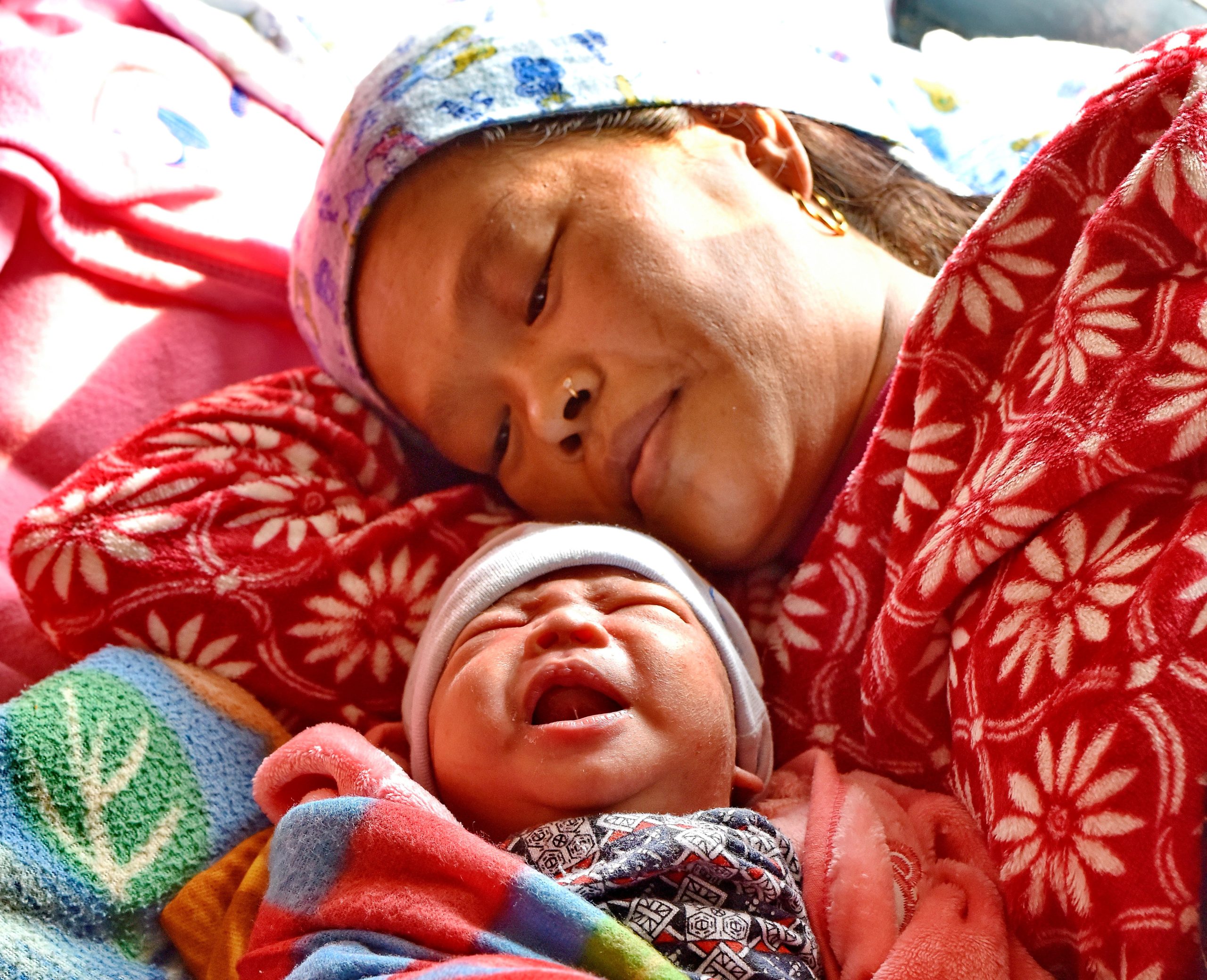
Implementing Respectful Maternity Care (RMC) Intervention to Improve Perinatal Mental Health
- Overview
- Objectives
- Events
Several studies in low- and middle-income settings have shown that mistreatment and disrespectful care during childbirth is a major issue that needs addressing. A multi-country study by Bohren et al. showed that more than a third of women experience disrespectful care during childbirth. Mothers face physical and verbal abuse as well as discrimination based on age, ethnicity and social class . Other types of abuse are non-consented care or painful vaginal examination, and restraining from having companionship or food during childbirth . Lack of dignified care during the vulnerable time during birth not only violates the universal right of childbearing women but also influences the overall quality of care . There is some early evidence to suggest that women experiencing disrespect and abuse are more likely to experience common perinatal mental disorders. Common perinatal mental disorders include depressive, anxiety, adjustment and somatic disorders. In low- and middle-income countries, 19.7% of women suffer common perinatal mental disorders during pregnancy and 39.4% suffer from the disorders during postpartum period . While there is a growing body of literature on disrespectful care in sub-Saharan African and Latin America, there is limited literature on the topic from Asia, including Nepal.
General:
- To improve respectful maternity care in the hospital and reduce the perinatal mental health disorder.
Specific:
- To explore disrespect during childbirth and postnatal period with mothers and health workers.
- To assess the prevalence and factors associated with symptoms of common perinatal mental disorder (postpartum depression and anxiety)
- Assess the adequacy of Respectful Maternity Care intervention implementation to address disrespect to reduce perinatal mental disorder
- Impact of respectful childbirth package on perinatal mental disorder
Related Project
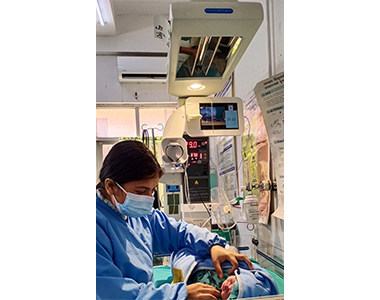
Improving Adherence to Neonatal Resuscitation Using Machine Learning at Quality Improvement Approach (Pre-MALA)
High quality neonatal resuscitation is a key to save newborn lives, prevent brain injury and optimize child development, yet...
Learn More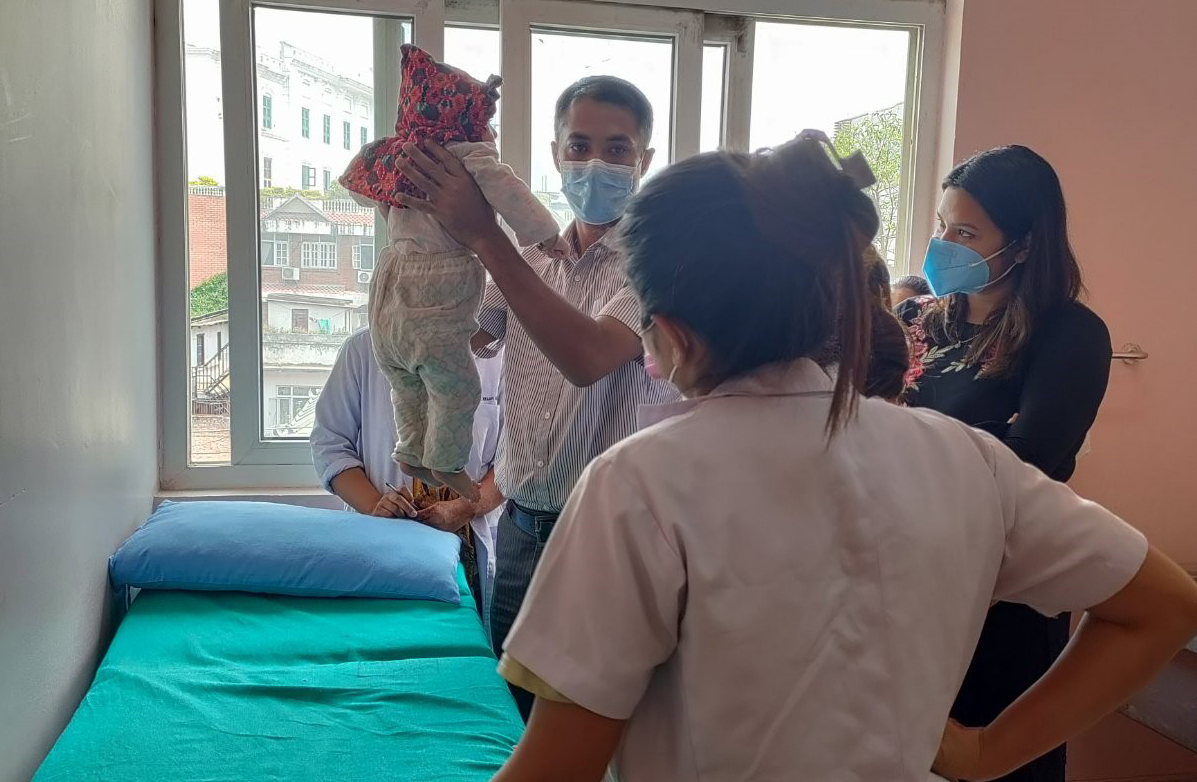
Feasibility of Remote General Movements Assessment (GMA) for Early Recognition and Rehabilitation of Cerebral Palsy in Nepal
Cerebral Palsy (CP) is a syndrome of non-progressive movement and posture disorder caused by damage to the developing brain...
Learn More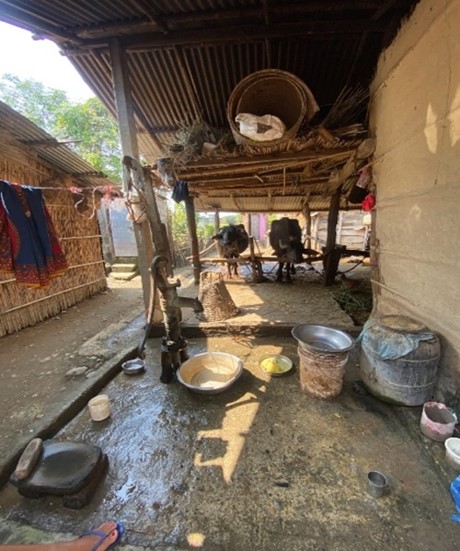
Navigating Food Insecurity During the Pandemic: The Role of Social Networks Among Pregnant Women in Nepal
Food insecurity is defined as a state in which an individual “lacks regular access to sufficient, safe and nutritious...
Learn More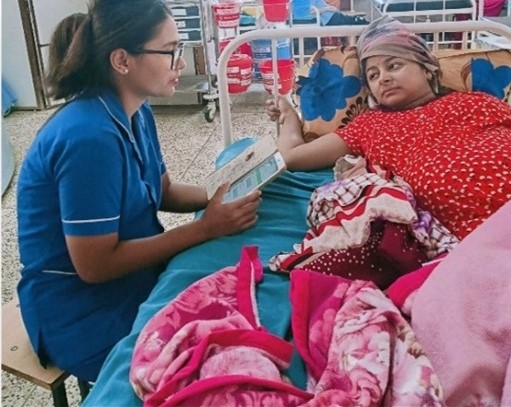
Investigating heat wave risk perception, vulnerability and adaptation among pregnant women
Over the past 15 years, Nepal has experienced a series of catastrophic weather events, with the Terai region emerging...
Learn More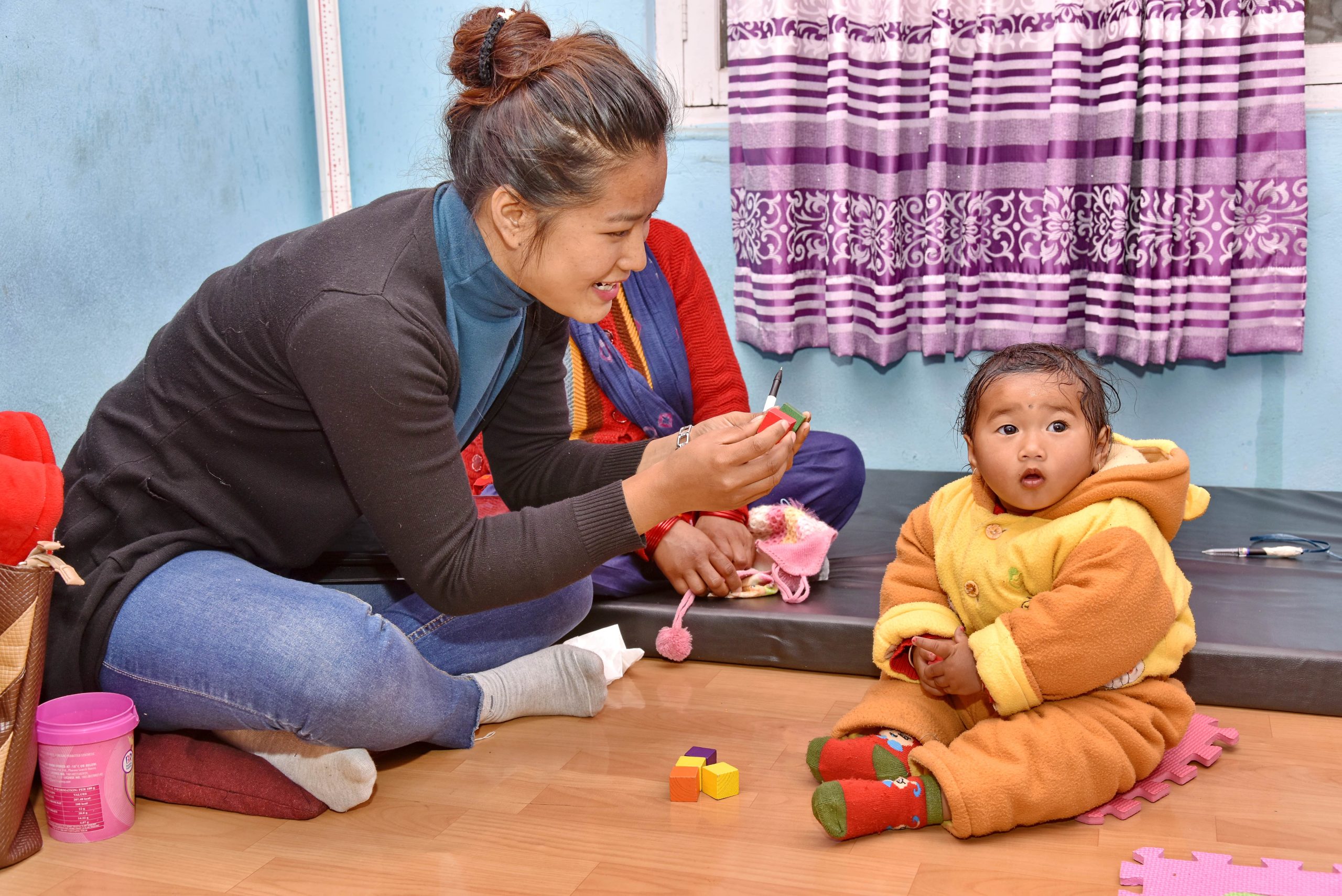
Every Newborn – Simplified Measurement Integrating Longitudinal Neuro Development and Growth (EN-SMILING)
In low- and middle-income countries, there has been a noticeable decline in mortality rates among children under 5 years...
Learn More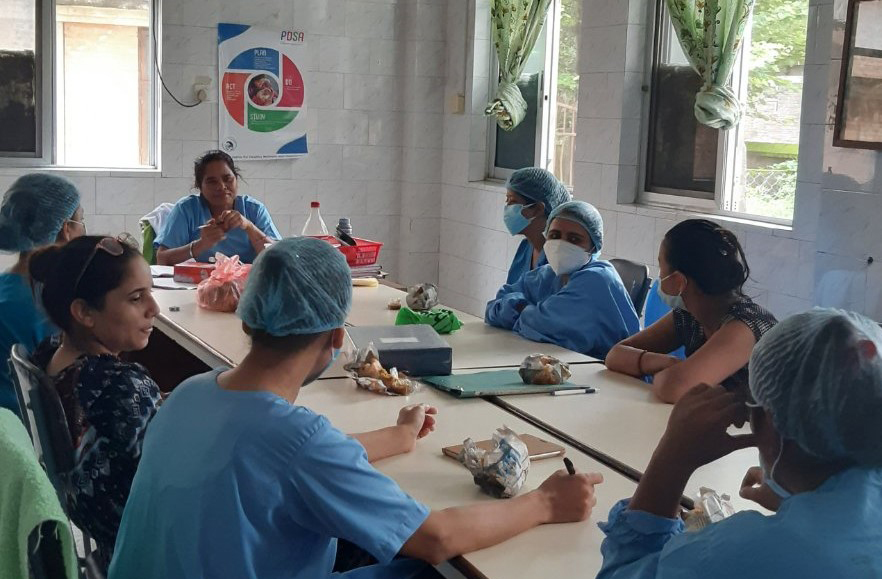
Scaling Up Safer Birth Bundle Through Quality Improvement in Nepal (SUSTAIN)
Golden community in collaboration with the Ministry of health and Population, Government of Nepal (GoN) and Uppsala University has...
Learn More